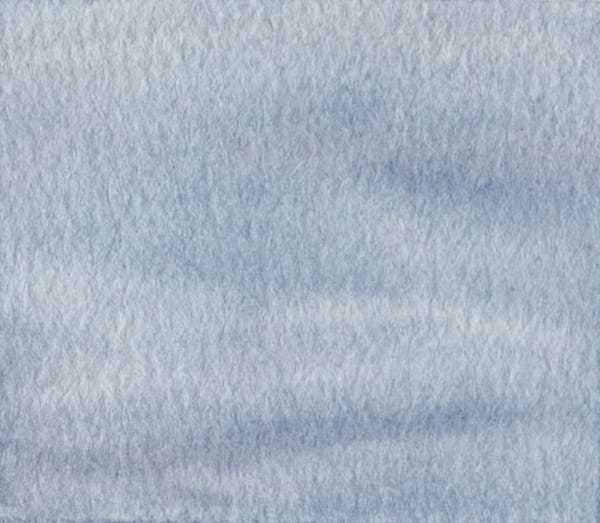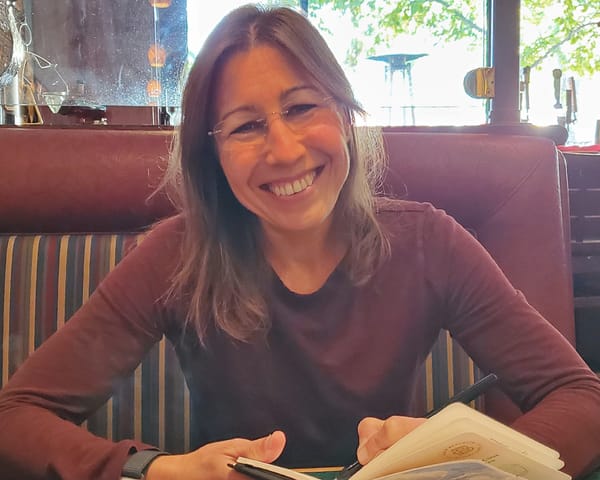Here’s why you’re not remembering everything
‘Remembering everything’ is not the same as Googling. Here’s how your second brain might be starving your first brain.

A couple weeks ago I wrote about my experience with hyper-productivity and how my mild obsession with systems turned into a full-blown toxic obsession that undermined healthy boundaries.
This article is a deeper dive on one of the points from that article which I wanted to address more in depth. If you don’t feel like going back to read that article and prefer to skip ahead, no worries: here are my top two points in a nutshell:
- Being productive isn’t about merely producing more. Being productive is about producing sustainably and doing so at a tempo which prevents you from burnout.
- Building a second brain is meaningless if doing so causes your first brain to turn to mush.
Mushy first brains
Over the past couple of years (this year especially), I’ve been noticing a trend among productivity influencers singing the praises of second brains. They build them, feed them, then claim to be able to “remember everything” because they can do a quick online search and retrieve whatever information they wish to recall with a snappy Ctrl+F of their personal databases...
only...
isn’t this essentially just Googling? 🙄

To be fair, I sincerely admire a lot of the ideas these folks have shared over the years and have personally been inspired by their productivity experiments and interesting takes on life, but when did “remembering” become “Googling”?
Now, I realize that sometime during the process of accumulating all this information, these individuals had to, for at least a moment, interact with the information before transferring it to their databases, but is this actually remembering?
They remember where the information lives, yes, but if they only interface with the information for a fraction of a moment and must rely heavily on their systems for recalling this information, is this an effective approach to learning?
If you spend countless hours crafting your very own search engine for the explicit purpose of not having to bother with remembering things and therefore must rely on external devices to retrieve this information, isn’t your memory only as good as the computerized device you have on you?

‘Remembering everything’ is not the same as Googling
What’s worse, our tendency to turn to search engines in lieu of practicing active recall is affecting how we remember information. According to a 2011 experiment, it was found that college students remembered less information when they knew they would be able to access that information later online.
“We are becoming symbiotic with our computer tools, growing into interconnected systems that remember less by knowing information than by knowing where the information can be found.” “The experience of losing our Internet connection becomes more and more like losing a friend. We must remain plugged in to know what Google knows.” Google Effects on Memory: Cognitive Consequences of Having Information at Our Fingertips
This sounds parasitic, not symbiotic.
Emphasis on absorption, not accumulation (quality vs. quantity)
I began developing a more critical eye about the role of second brains when I noticed a barrier developing between me and raw learning which caused me to take a step back and consider the role my second brain was having on my first brain.
At the height of my productivity obsession, I consumed more books, informational podcasts, and courses than you could shake a stick at and as my notetaking efficiency improved so did my library of digital documentation. I stuffed my second brain with as much information as I could handle, but somehow in my frenzied, all-you-can-eat-buffet-face-stuffing-knowledge-feasting, I was starving my first brain.

Why? All that information so effortlessly rerouted to my second brain wasn’t being given the time to truly be absorbed. I was failing to integrate notetaking processes which prioritized absorption over efficiency.
Efficiencies in my systems removed the processes essential to deeper learning. I was bypassing the mental work necessary for my brain to process and synthesize information for future recall, and in the end, just building piles of pixels.
That’s not remembering at all.
How meaningful is it to trade true learning and development for building gargantuan personal databases, especially when recalling this information carries with it a dependence on outside systems?
It begs the question: What is your intention for learning? Is your zeal for amassing piles of information preventing you from deep learning and true growth?
What do you wish to actually remember...and if something is worth remembering, shouldn’t it receive deeper attention and consideration?
Just my thoughts...from my first brain to yours.




